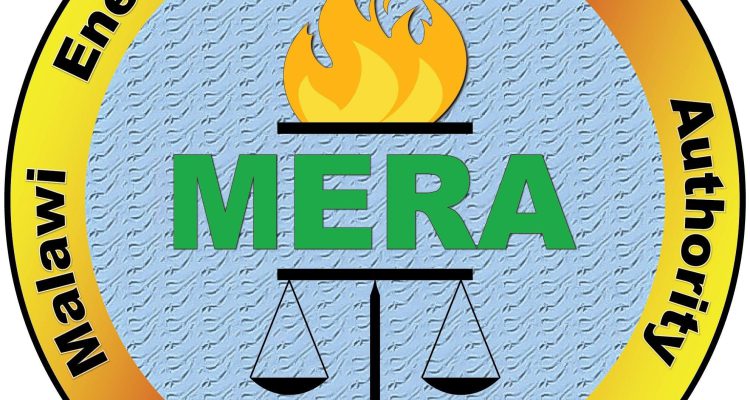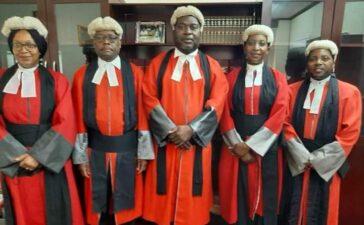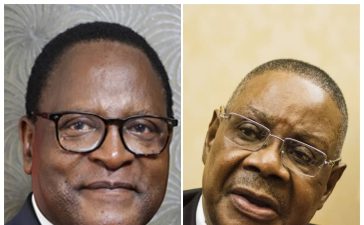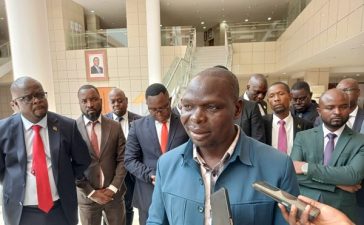Malawi appears once again to have been plunged into a cycle of governance defined not by transparency and accountability but by shadowy manoeuvres, intimidation, and deception. The Democratic Progressive Party (DPP), newly returned to power, seems determined to perfect the art of political trickery—a style of leadership reminiscent of the Biblical Nicodemus, who wore one face by day and another by night.
At the heart of this political theatre is the Malawi Energy Regulatory Authority (MERA). Sources reveal that DPP operatives pressured the MERA board to hike fuel prices by as much as 48%, a move designed to burden Malawians under President Chakwera and later allow the DPP to present itself as a “rescuer” by slashing prices on return. The board, however, resisted the full extent of this crooked demand, opting instead for the current increase as a compromise. Still, the rise has been deeply painful, compounded further by what many describe as a politically calculated “MERA embargo,” ensuring that fuel scarcity feeds into the wider narrative of chaos.
The Reserve Bank of Malawi was next on the script. Reports suggest that the DPP attempted to coerce Governor Dr. Macdonald Mafuta Mwale into devaluing the kwacha so that they could later claim credit by reversing the decision. Mwale refused, rejecting an attempt to turn economic policy into partisan propaganda.
Meanwhile, intimidation tactics are resurfacing with chilling familiarity. Norman Chisale is alleged to have threatened senior government officials—including Kayuni and Kasakula—with retribution “the Njaunju way,” a reference to the unsolved 2015 murder of ACB director Issa Njaunju. Equally brazen are threats from the DPP’s Southern Region governor, who has reportedly vowed to deal with ACB officials probing his land deals.
What emerges is not simply a story of one party’s return to power, but a portrait of governance by deception and menace. For ordinary Malawians, the costs are immediate: rising fuel prices, fears of economic sabotage, and institutions forced into political gamesmanship. This is the reality Malawians find themselves in—where hardship is manufactured and truth distorted, while business as usual thrives under the DPP.













